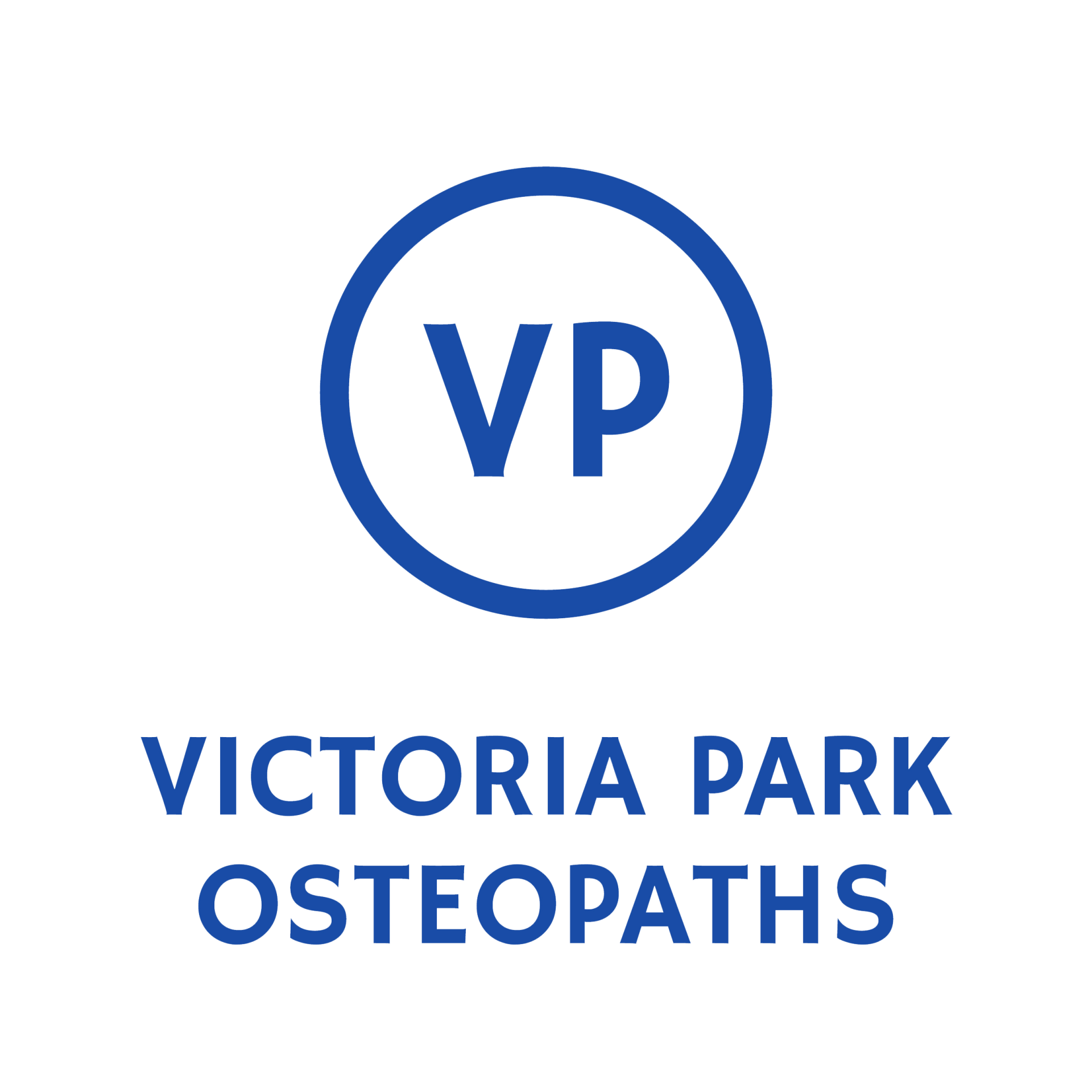What is Rib Strain?
A rib strain refers to irritation, overstretching, or small tears in the intercostal muscles (the muscles between the ribs) or the joints and ligaments that connect the ribs to the spine or sternum. These structures support breathing, spinal movement, posture, and upper-body motion.
Rib strains are often painful with breathing or twisting and can be mistaken for chest, shoulder, or upper back issues.
Symptoms & What You May Experience
Typical features include:
- Sharp or aching pain around the chest wall, back, or side of the rib cage
- Pain worsened by deep breathing, coughing, yawning, or sneezing
- Discomfort during twisting, bending, or lifting
- Local tenderness when pressing on the affected rib or muscle
- Muscle spasm or a “catching” sensation with sudden movement
- Difficulty getting comfortable when lying on one side
Pain may feel sharp initially and then settle into a dull ache.
What causes Rib Strain?
Common causes include:
- Sudden twisting or reaching movements
- Heavy lifting or awkward upper-body strain
- Falls, impacts, or sports injuries
- Persistent coughing or chest infection
- Poor posture or repetitive upper-body activity
- Overuse in activities like rowing, swimming, manual work, or yoga
Sometimes, rib or thoracic spine stiffness contributes to muscle overload.
How We Help (At Victoria Park Osteopaths)
Treatment focuses on relieving pain, restoring movement, and aiding healing. Depending on severity and stage, we may use:
- Gentle manual therapy to improve rib and thoracic spine mobility
- Soft tissue techniques for intercostal muscles and surrounding areas
- Joint mobilisations, when appropriate, can help alleviate acute symptoms
- Breathing and mobility exercises to maintain rib movement without overloading
- Postural advice for sitting, standing, and sleeping positions
- Gradual return-to-activity guidance
- Adjunctive therapies such as taping, acupuncture, or heat/cold applications
We ensure that contributing regions like the spine and shoulders are also addressed.
Recovery Time & What to Expect
- Mild to moderate rib strains often improve in 2–6 weeks
- More severe strains may take 6–8 weeks or longer, especially with repetitive strain or ongoing cough
- Early gentle movement and breathing exercises can prevent stiffness
- Most people return to full activity without long-term issues when managed properly
When to Seek Medical Review / Red Flags
Urgent assessment is recommended if you experience:
- Chest pain associated with shortness of breath, dizziness, nausea, or sweating
- Pain following a significant fall or trauma
- Difficulty breathing or suspected rib fracture
- Fever, cough with discoloured phlegm, or infection-related symptoms
- Unexplained weight loss, night sweats, or persistent severe pain


